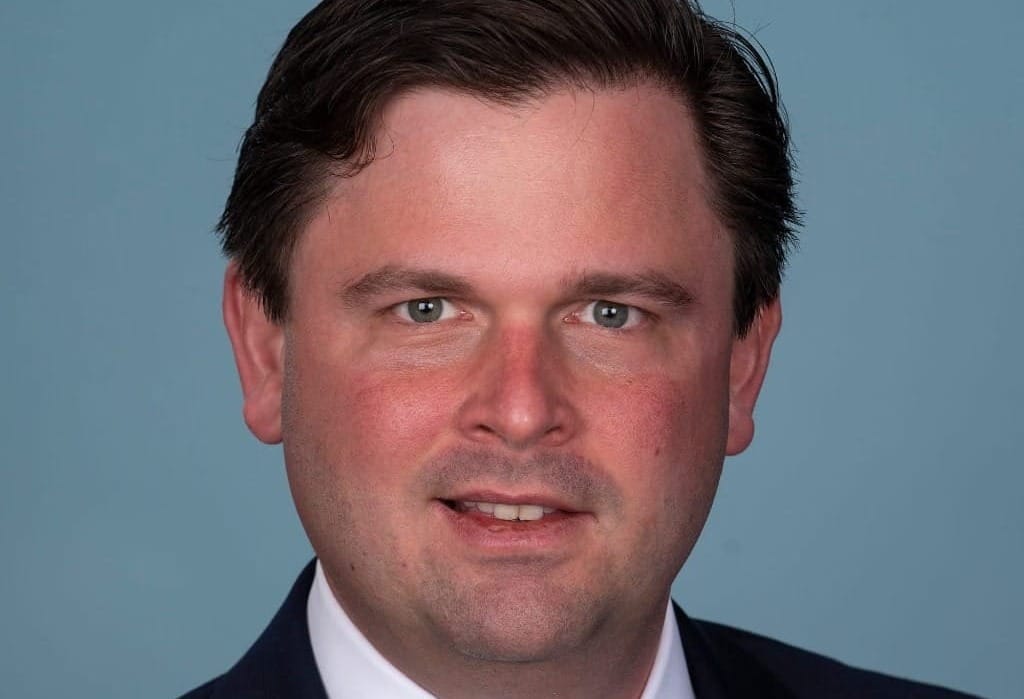Chamber of Commerce Calls FCC's AI Proposal 'Premature'
“The Commission should leverage existing law…to combat bad actors,” Chamber says
Joel Leighton

WASHINGTON, July 24, 2024 – The U.S. Chamber of Commerce said the Federal Communications Commission's proposal to address AI-enabled robo calls and texts was premature.
“If the FCC were to adopt updated… regulations for AI, there would be significant risk that technological developments could circumvent new rules, which would undermine the benefits of adopting rules,” said Jordan Crenshaw, Senior Vice President of the Chamber Technology Engagement Center, in a July 19 letter to the FCC.
The advice came in response to FCC Chairwoman Jessica Rosenworcel's rules proposed three days earlier aimed at investigating the capabilities and vulnerabilities of AI technologies in safeguarding consumers from robocalls and robotexts.
The Chamber warned that the risks of AI robocalls were not yet fully understood and advised the FCC to continue monitoring the development of AI technology before making new rules.
Rosenworcel wants the FCC Commissioners to launch the rulemaking at their August 7 public meeting here.
Despite recent high-profile AI robocall incidents, such as the use of President Joe Biden’s voice to dissuade Democratic primary voters from going to the polls in New Hampshire, the Chamber stated that there was insufficient evidence to suggest there were gaps in federal law.
Moreover, the Chamber said that hasty legislation could risk stifling the benefits from AI to reduce robocalls and other communications fraud.
The Chamber did propose some “measured” actions the FCC could take to safeguard against AI's potential harms. The Chamber recommended that, if the FCC were to pursue a definition of AI, it should do so in collaboration with stakeholders, carefully considering the implications of the chosen definition.
The Chamber also told the FCC to collaborate with other agencies as it develops policies to ensure legislative consistency.
The Chamber particularly encouraged the FCC to prioritize enforcing existing laws, which it claimed already prohibited calls with artificial or prerecorded voices.
“The FCC should leverage existing law, collaborate with industry and other governmental entities as well as other stakeholders to further its understanding on AI, and utilize its current enforcement tools to combat bad actors,” the Chamber said.










Member discussion